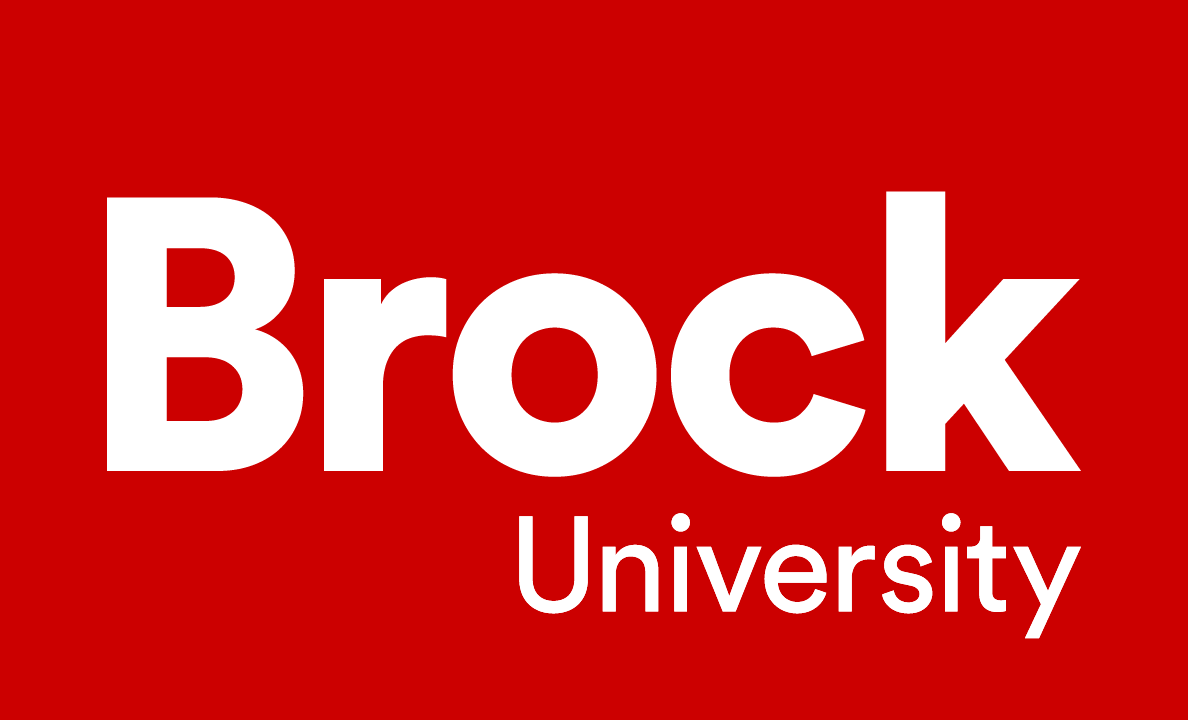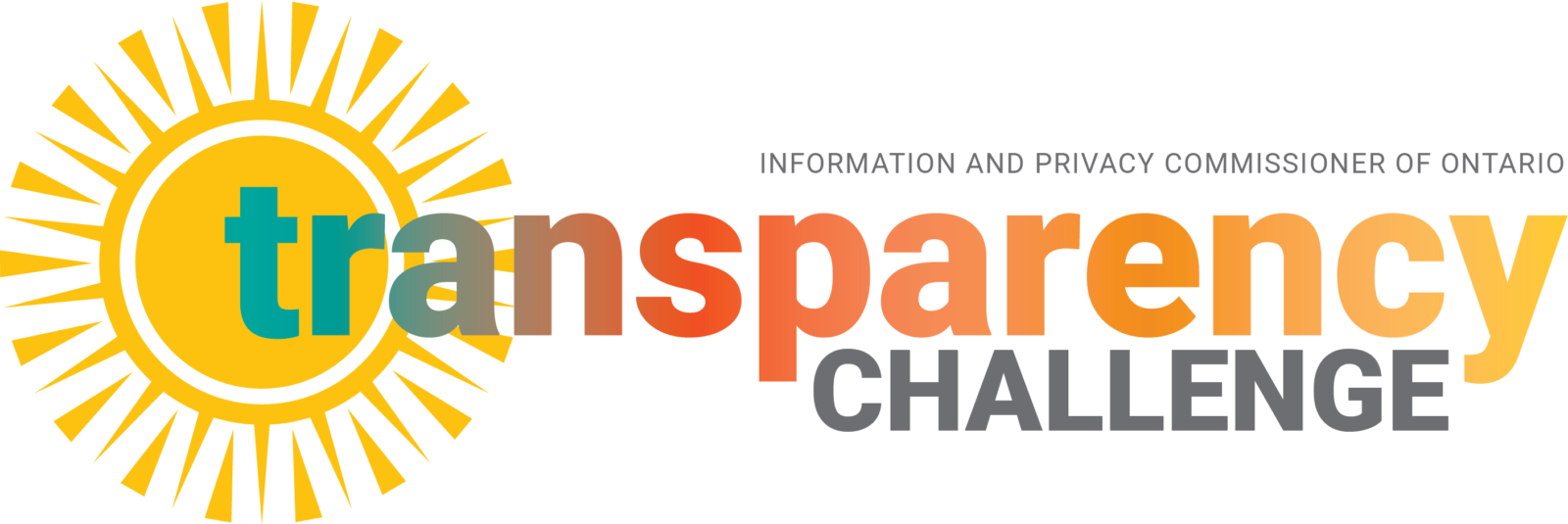
Books and knowledge are gateways to entire universes that expand our minds. Inspired by knowledge sharing, this photo collage depicts the growth of the mind, stretching into the cosmos of our exploration in the quest of knowledge and discovery.
Original artwork by Surface Impression (Aedán Crooke) for the Information Privacy Commissioner of Ontario. The artwork was done using Adobe Stock Images.
Brock University
Scholars’ research shared freely, online with Open Access initiative
Brock University’s Open Access initiative encourages its scholars’ to freely share their research, and makes a direct connection between being open and transparent and achieving its broader mandate.
Brock University’s Open Access initiative is a prime example of how an organization actively promotes transparency by encouraging and facilitating the open dissemination of research to benefit the institution, the community it serves, and the broader public.
Subsequent to its adoption, the University’s Open Access Policy applies to all academic journal articles published by Brock Scholars. Brock Scholars are expected to deposit an electronic copy of their academic journal articles in the university’s Digital Repository, which ensures this research is accessible to all. The library also invests in infrastructure, grants and other supports to help researchers publish in open access journals.
The goal of the University’s Open Access policy and Digital Repository, as well as the ongoing efforts by the institution and its researchers, is free, unrestricted online access to research.
This is important and useful for many reasons. It accelerates discovery across disciplines; increases the visibility and impact of the work; facilitates connections and collaborations between scholars; makes data and statistical information available for new purposes; strengthens the rigour of the research by opening it to scrutiny; and reflects Brock’s accountability as an institution that receives public funding.
The Open Access initiative is also an example of how an organization sees a clear and direct connection between openness and transparency and its broader mandate, which, for Brock University, is the advancement of learning, the dissemination of knowledge and the betterment of its members and society.



